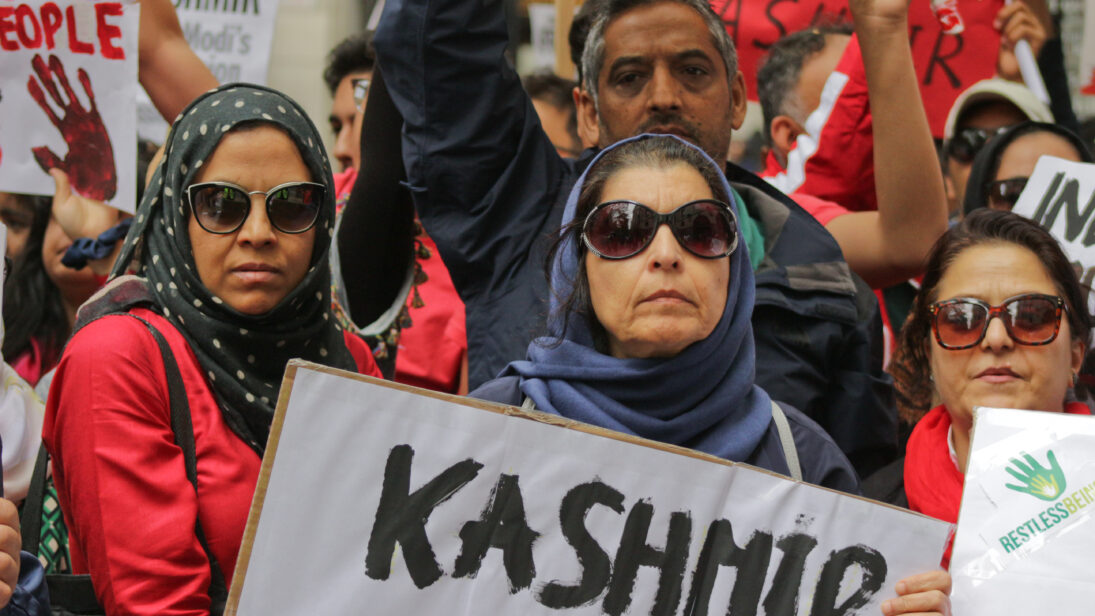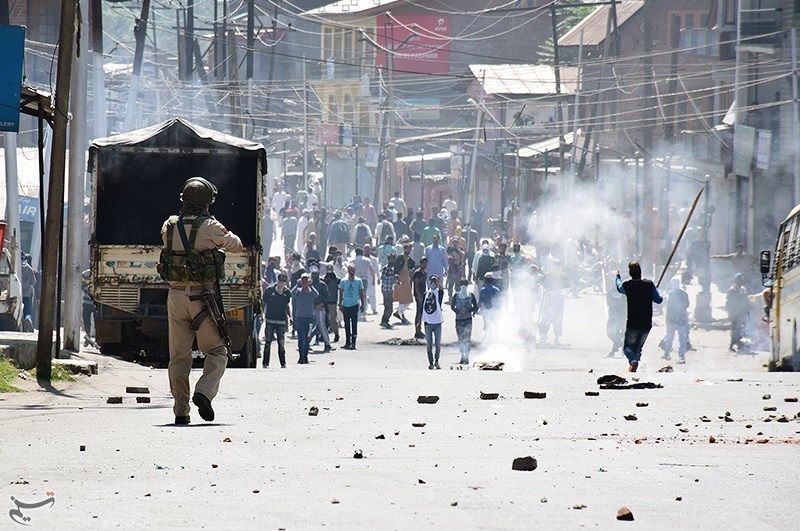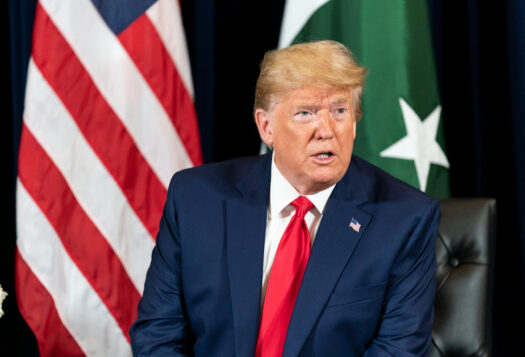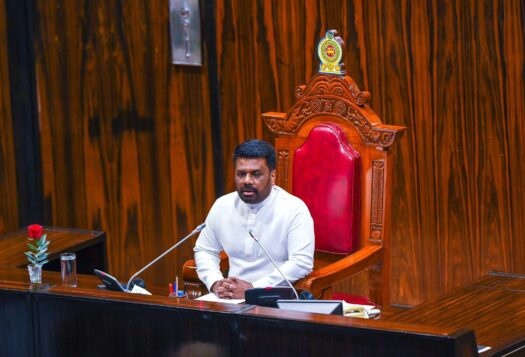
This week, India is set to host a meeting of G20 countries from May 22 to May 24 in Kashmir, the disputed region between India and Pakistan. The meeting accounts for one of many to be hosted as India assumes the presidency of the G20. While the session in Kashmir is billed under the 3rd Tourism Working Group, two other geopolitical factors may be driving New Delhi’s controversial decision.
First, by declaring this disputed region as a venue for the G20 Summit, India can project before the world that all is well in a historically volatile region. Kashmir is a disputed region between India and Pakistan where both nations remain with daggers drawn, having fought three wars over this issue in the past 70 years. The Kashmir issue took a new turn in August 2019 when India unilaterally abrogated Article 370 of its constitution and integrated Indian-administered Kashmir into its union territories. India has been criticized by the international community for grave human rights violations in the region ever since.
Hosting the G20 in Kashmir confers a degree of approval for India’s actions from the world’s major economies and opens potential for economic development, the premise underpinning New Delhi’s decision to revoke Article 370 in 2019.
Second, by organizing the summit in Srinagar, India aims to reinforce its sovereign claims over the territory and legitimize its post-revocation measures. Bringing the G20, an economic bloc comprising of 19 states and European Union, is of immense significance here. This group constitutes around 80 percent of global GDP, 60 percent of world population, 75 percent of world trade, and the top 19 economies of the world. Hosting the G20 in Kashmir confers a degree of acceptance of India’s actions from the world’s major economies and opens potential for economic development, the premise underpinning New Delhi’s decision to revoke Article 370 in 2019.
G-20 Summit in Srinagar: A facet of Geopolitics
Ahead of the G20 session in Kashmir this week, roads have been painted across the valley, lampposts bedecked with trinity of colors, and concertina wires have been pulled off from most areas. The government’s attempt at projecting calm further signifies the broader strategy behind the move. The Modi government has faced significant pressure for its blatant human rights violations in Kashmir that include but are not limited to extrajudicial killings, abductions and ceaseless detainments, prohibition of freedom of speech and freedom of assembly, and demographic changes. International human rights organizations and agencies have raised serious concerns over the gross human rights violations perpetrated by Indian forces. By hosting the G20 meeting in Kashmir, New Delhi craves to project before the world that all is well in Kashmir and what has been done in the post-revocation period is for the enforcement of stability, peace, and development in Kashmir. By demonstrating to the world that peace and stability has been restored to the region and that Kashmir is no more a volatile region, New Delhi seeks to legitimize its measures. In fact, New Delhi aims to portray that measures introduced since August 2019 were indispensable for the development of Kashmir in parallel with other Indian states.
Facade of Normalcy
Although India aims to use the G20 meeting to unveil the tourism potential of Kashmir, the story is not that simple. By projecting before the world that there is a peace and tranquility in Kashmir, New Delhi also showcases it as an attractive place for their investments, in part to achieve its economic development promises in the region. Experts argue that India wants to take advantage of the growing perception among the world community that region has been normalized to further legitimize its claims over the territory. Although, Fernand de Varennes, the United Nations special rapporteur on minority issues, blamed India for seeking the normalization within the region that has been denied the fundamental democratic rights and portraying the global seal of approval for its repressive measures, the international community has remained largely silent on the legality of India’s stance towards Kashmir. Even if unintended, by taking part in the scheduled meeting, G20 states are now condoning Indian actions.

Pakistan’s Stance on Kashmir
Pakistan has condemned the Indian move to hold G20 meetings in the disputed region and declared it an “irresponsible move.” Pakistan’s foreign ministry slammed India for incessantly carrying out measures to deny Kashmiris their rights in a disregard of International Human Rights Conventions and UN resolutions. Pakistan’s foreign minister, Bilawal Bhutto Zardari is on an official visit to Pakistan-administered Kashmir where he addressed the Azad Kashmir Legislative Assembly. He highlighted India’s unilateral measures since August 2019 and called for international community to break its silence over India’s blatant human rights violations. However, the international community has not heeded Pakistan’s concerns. With the exception of China, Turkey, Egypt, Saudi Arabia and Oman, G20 states have decided to participate in this meeting.
Even if unintended, by taking part in the schedule meeting, G20 states are now condoning Indian actions.
Reactions from international actors indicate a new low in Pakistan’s foreign policy vis-à-vis Kashmir. Pakistan has failed to mobilize global support to condemn human rights abuses by India in Kashmir. India’s economic and geopolitical significance has seemingly outweighed these concerns, with G20 countries accepting the narrative that Kashmir has been normalized since August 2019. The organization of G20 meeting in Kashmir indicates that there is a growing perception within the world community that India has integrated Kashmir for the development and prosperity of the region, not for nefarious reasons.
Although there is no denying the fact that national interests matter most in international relations, the international community and the West in particular should not remain silent on the human rights abuses in Kashmir. While partnership with India presents economic and geopolitical benefits, the facade of normalcy in Indian-administered Kashmir obscures longstanding grievances that risk conflict. Instead, the international community must stand strong on its commitment to values and not sweep them under the rug.
Also Read: Kashmir Elections and a New Political Order
***
Click here to read this article in Urdu.
Image 1: National Demonstration for Kashmir via Flickr
Image 2: Policy in Kashmir via Wikimedia Commons


